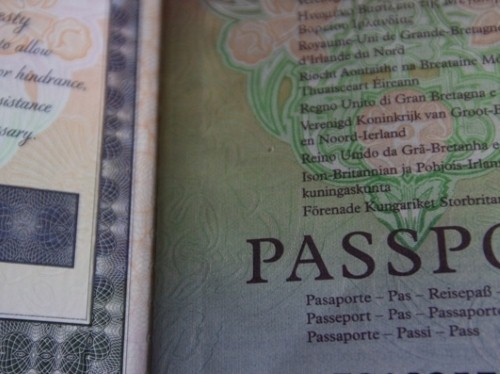Shadow ministers visit Manus Island and Nauru
- Details
- Created on Tuesday, 04 December 2012 15:37
- Written by Editorial staff

Shadow immigration minister Scott Morrison said that he will examine offshore processing protocols when he visits Manus Island and Nauru this week.
It comes, he says, as more and more boats arrive in Australian waters, with 2,400 people reaching Australian territories in November.
The shadow spokesperson - along with shadow minister for justice, customs and border protection, Michael Keenan - are travelling to the island nations to determine what can be done to improve the system, should they obtain office in next year's election.
Mr Morrison said: "There have already been worrying reports about the government's handling of the Nauru processing centre, including the findings from Amnesty International's recent visit and a permanent facility is still a long way off.
"My visit to Nauru this week will allow me to report on the progress of offshore processing at the reopened facility. This will include meetings with staff and officials at the centre and a report on the construction of a permanent facility."
He will also enter into talks with the president of Nauru along with some ministers and members of parliament to ensure he is well versed on the details of offshore processing.
Given the Coalition's positive track record regarding border protection, Mr Morrison added, the Labor government would do well to heed the advice that's being offered by the opposition.
By visiting the site and examining the practices - he can report back to the voting public about the policies that are being implemented by the current government while more and more boats arrive on an almost daily basis.
Mr Keenan said that with monsoon season close by - he would have hoped that the Gillard government would have been able to wrestle some control of the borders back from people smugglers.
Given that in a 48-hour period, over 200 illegal boat people have come to Australia's shores, he added, it's ever more likely there will be more deaths at sea.
As a result, he heeded the government to make tough policy decisions.
It comes as the Herald Sun reports that since the beginning of 2012 - there have been over 16,000 illegal arrivals, while 11,000 were issued with temporary protection visas (TPV) between 1999 and 2007.
TPVs were a type of immigration visa that prohibited family reunions and were reassessed every three years to examine whether the visa holder's homeland was safe enough for deportation.
News Archive
- 2014
- 2013
- December (21)
- November (29)
- October (21)
- September (20)
- August (22)
- July (21)
- June (20)
- May (23)
- April (22)
- March (27)
- February (19)
- January (20)
- 2012
- December (14)
- November (17)
- October (20)
- September (16)
- August (23)
- July (21)
- June (18)
- May (22)
- April (18)
- March (20)
- February (18)
- January (19)
- 2011






